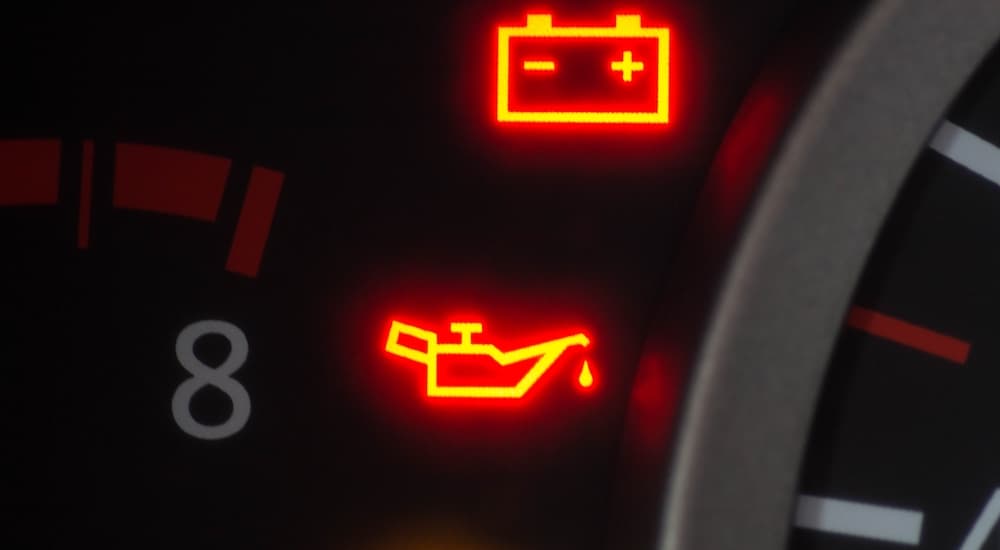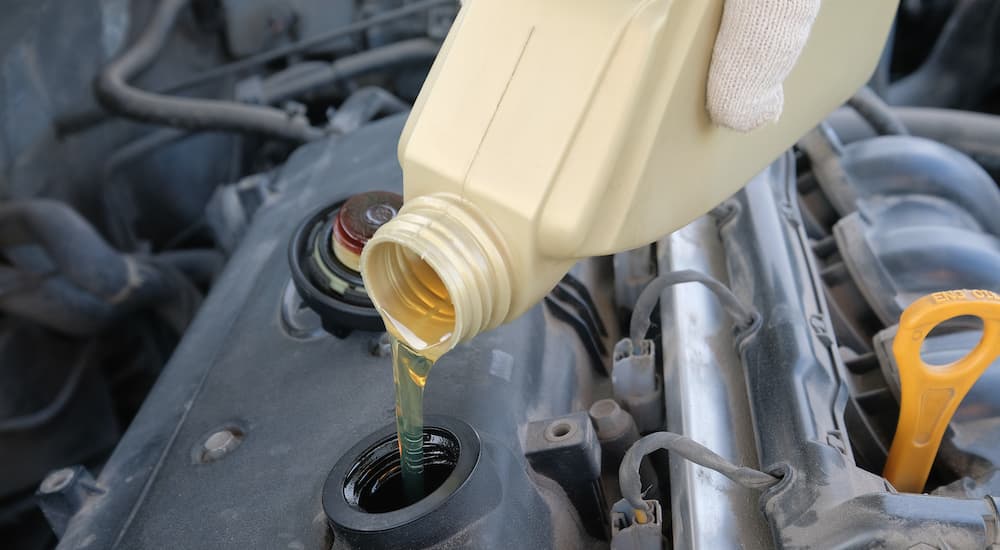Diesel trucks are among the most powerful and impressive vehicles on the road, but they can also be finicky to maintain. Whether you’re looking at used trucks for sale and are learning how to care for one, or you have a diesel truck already, it’s important to follow certain steps when maintaining your vehicle. The good news is that keeping your truck’s diesel engine in fantastic condition isn’t especially difficult. Still, there are some essential differences between diesel and the conventional gas engine that you might be used to.
With this in mind, let’s look at some Do’s and Don’ts when it comes to properly caring for your diesel truck. Just remember, when all else fails and you’re not sure what to do, it’s never a bad idea to ask a professional for advice or to let an expert handle it when something seems seriously wrong.
DO Follow Instructions in Your Owner’s Manual
Any time someone asks me my single most-important tip for car care, it’s always the same: get to know your owner’s manual. The people who made your diesel truck know it better than anyone else, and they provided you with that manual so that you could also get to know it. Take your time to become familiar with your truck’s manual – even if you don’t read it cover-to-cover, you should skim it and learn where important information can be found. Pay particular attention to the service schedule provided with it and follow that strictly to keep your truck running beautifully for a long time.

DON’T Ignore Warning Lights
I know that we’re all busy these days. The last thing you need is another item on your “To Do” list, but this is very important. Your truck has these warning lights for a reason, and ignoring one of them is a bad idea. Diesel trucks can require more frequent maintenance than other vehicles – more specifics below – so it’s particularly important that you respond quickly any time your truck tells you that something needs attention.
DO Change Your Fuel Filter Regularly
Diesel fuel is many things; “clean” isn’t really one of them. As a result, your fuel filter will not only get a lot of use but will also need to be cleaned more often than a gas engine filter. Staying on top of your fuel filter and changing it regularly is one of the best ways to get the most efficient performance from your truck and ensure your engine keeps running clean and strong.
DON’T Use Water for Coolant
The coolant is essential in any vehicle since the engine’s functionality is based on fiery explosions that create a ton of heat and friction. Diesel engines utilize intense pressure, which creates extreme heat and operation conditions. You could argue that coolant is even more important in a diesel truck than in a light-duty model for this reason. You should check your coolant levels regularly and don’t top it off with water; use a proper coolant to maintain a safe temperature without introducing water to your engine or radiator.
DO Regularly Check Your Engine Oil
Your engine’s fuel filter isn’t the only thing that gets more of a workout in a diesel truck compared to a gas pickup. The motor oil in your engine also has to put in a massive amount of work to keep things running smoothly. A diesel engine tends to break down and dirty motor oil faster than a gas engine. Check your engine’s oil level frequently and remember to top it off as needed. Diesel engines can be thirstier about oil than gas, so if this is your first diesel truck, you might be surprised how often it needs more.
DON’T Put Off Changing Your Oil
I know that changing your truck’s oil – or going to a shop for an oil change – can be annoying and disruptive when you’re just trying to get a job done. That being said, it’s incredibly important to follow the manufacturer’s schedule for how often you change the oil, based on the time and distances you drive the truck. Make sure you’re also using the proper type of oil for your truck, based on the owner’s manual, and use lightweight oil in the winter if you live somewhere particularly cold. It’s doing a lot of work to keep your engine running, so don’t let it down; make sure you’re changing the oil filter regularly too.
DO Use an Engine Block Heater in Winter
Speaking of winter, freezing temperatures are particularly rough on diesel engines, so be ready for it. Using the proper oil helps and you should also give your engine more time to start when it’s cold – run it at least five minutes before you start driving so it can warm up. In extreme cold, it’s a good idea to use an engine block heater to keep your engine warm when you’re not using it. Your truck might come with one, or you might have to purchase it separately, but this is very important if your area gets below freezing.
DON’T Let Your Diesel Truck Idle Too Long
Other than letting your truck idle a bit in order to warm up in the cold, you generally don’t want to let it just sit and idle for very long. It used to be fine to let diesel engines idle, but improvements and modern engineering no longer make that the case. Idling wastes fuel and if you idle for more than about five minutes, soot can begin to build up within the engine. That’s something you don’t want.

DO Consider using Fuel and Oil Additives
Because of how much hard work diesel engines do, the use of a fuel or oil additive isn’t a bad idea, just be sure you choose a good one. Fuel additives like diesel treatment can help eliminate impurities that might damage or gunk up your diesel engine. While oil additives can help keep your oil efficient and clean for longer. These things aren’t mandatory, like proper service and frequent oil changes are, but they can help with fuel economy and overall performance.
DON’T Forget about Your Glow Plugs
It’s easy to get excited about the lack of spark plugs in a diesel engine, but they simply replace those components with glow plugs that serve a similar role in triggering combustion to power everything. If you have any issues with your engine starting, then the glow plugs are a great place to start while troubleshooting and trying to figure out what’s wrong. You probably have an indicator light for the plugs, but you should check them if your diesel engine is starting rough or struggling to get going.
Get the Most from Your Diesel Truck
Diesel truck maintenance shouldn’t be mysterious or intimidating – it’s just like servicing any other vehicle but with some specific things to remember. At the end of the day, the most important thing is that you stick to a service schedule, pay attention to any strange sounds or vibrations coming from your truck, and remember some key differences between your diesel engine and a conventional gas motor. The good news is that with proper care and maintenance, a diesel truck can not only work harder than a lot of other pickups but will also last you a lot longer too. As long as you take care of it, your diesel truck is only just getting started when it hits 100,000 miles, and it’s ready to keep working for you for many more years to come.

